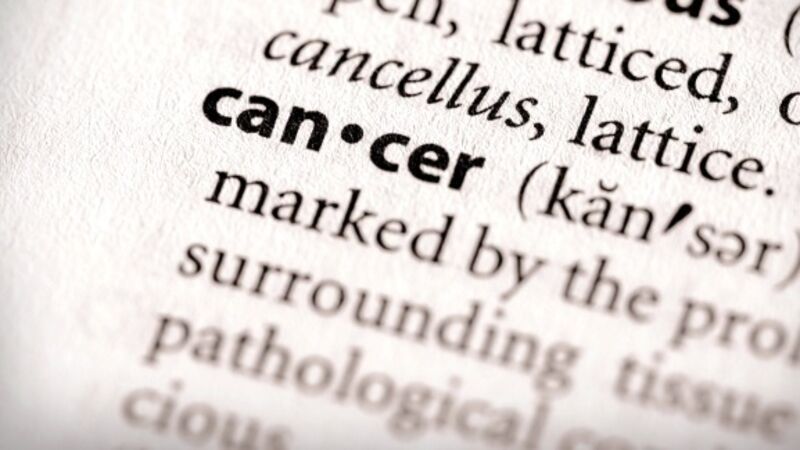Loneliness is ‘toxic’ for patients with cancer

Many patients are missing appointments, not taking their medication properly, are unable to pick up prescriptions or even refusing treatment, Macmillan Cancer Support said.
The cancer charity said lonely patients were almost three times more likely to encounter such problems as patients who are not lonely.













